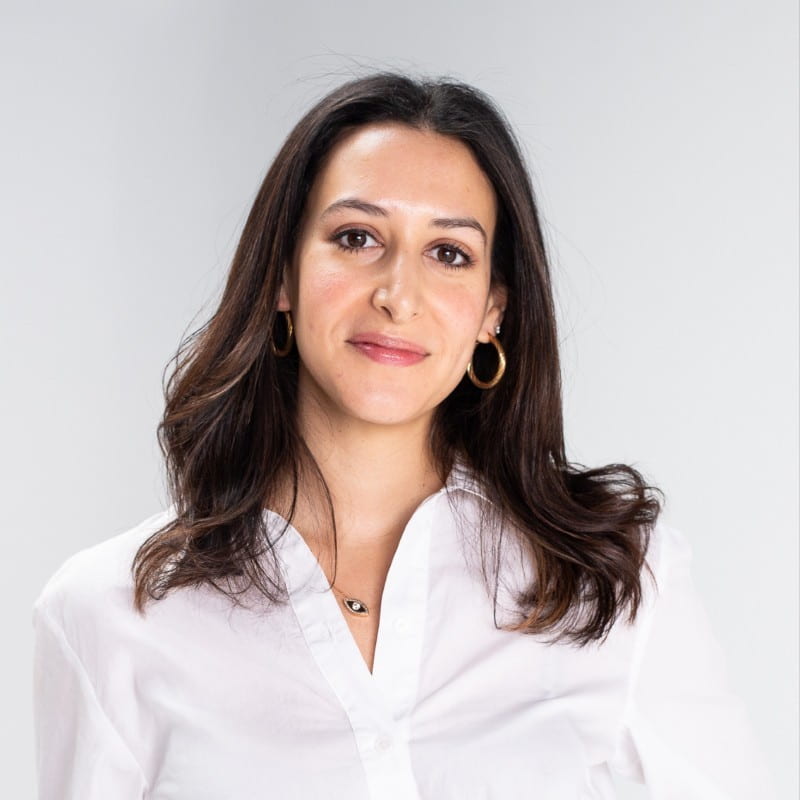Our Round 3 deadline for the full-time MBA Program is right around the corner on March 29, 2022!
One of the most common questions we receive from applicants is whether they should submit in Round 3 or wait until the following cycle to apply. Round 3 tends to be a smaller round because some candidates simply didn’t realize an MBA was an option or on their radar until later in the application cycle. Historically, we always have spots available in Round 3, but each year the number varies. We can’t say it enough– A strong, complete, well-researched application always stands out.
“The Admissions Committee uses Round 3 to fill out the incoming class. We wouldn’t have a Round 3 if we didn’t need it! Some of our best students applied in the last round – maybe they were waiting for that higher score or promotion, or maybe they just decided a little later in the year that they wanted to pursue an MBA.”
– Stacey Batas, Director of Full-Time MBA Recruiting & Admissions
Below we break down some of the reasons why students chose to apply in the third round, and why it was still a great option for them.
Student Perspectives

Bradford Smith
Full-Time MBA ’22
Bradford Smith, Full-Time MBA ’22, shared his experience applying in Round 3.
In the summer of 2019, Bradford Smith started thinking about business school. He took the GMAT to see how he would do and thought that if he studied more he could score higher and be ready to apply. He and his girlfriend were living in Los Angeles, California at the time and both agreed they could both use a change of scenery. He noticed the Round 2 deadline was quickly approaching and decided to wait until Round 3 to give him extra time to study for tests and submit his application.
“I didn’t feel comfortable applying with the GMAT score I had, so I figured I’d wait until Round 3. I studied more and got a score that I felt good about and thought well, I don’t want to have to wait another year so I’ll just go for it.”
To prepare his application, Bradford first reached out to his recommender to give them as much time as possible. During this time he was actively studying for the GMAT and taking practice tests. He also asked his friends to read through his essays and give him feedback. He suggests that applicants be honest about their stories and try to share as much as they can about themselves.
“It’s a tough process because you get, at least from my perspective, self-conscious. It’s hard to have the blinders on because there’s always going to be someone that has an impressive resume or a crazier story, but everyone has something unique about them. It’s more about being honest and not trying to fit into a box. I wouldn’t worry about trying to scrape something together that makes you think you’re more impressive. I would focus on something that is genuine, and have some of your good friends read it because odds are, they probably know a lot about you and can help you craft it.”

Renee Beauchamp
Full-Time MBA ’22
Renee Beauchamp, Full-Time MBA ’22, also applied to McCombs in Round 3.
In July 2019, Renee was living in New York and decided she wanted to go to business school. By that time, the Round 1 deadline had passed and she knew she wanted to take some time with her application.
“I listened to the advice that most business schools tell hopeful admits – to apply when I felt I had the strongest application. Fall of 2019, I was focused on building and strengthening that application until I just had to go for it in Round 3.”
Renee says she chose McCombs because of the connections she felt between the admissions team and the student that interviewed her. She was looking to be in an energetic, entrepreneurial city and had visited Austin before and loved it. When she was admitted, she had a little more than two months’ notice before starting school, and within a month, she was living in Austin.
“I understand the worry associated with this process especially when you feel like you’re late to the game. I encourage applicants to stay positive, submit the best application you can, and be confident that that’s enough. Also, it doesn’t hurt to create advocates! Build relationships with people who can root for you and put in a good word.”
Tips from the Admissions Committee
- Submit your application only when you’re 99.9% ready. Supplemental application materials submitted after a round deadline are incredibly risky since there is no guarantee the Admissions Committee will see them. Once your file is read, we will not re-review again based upon new information received post-deadline.
- Don’t wait until the last minute! We are not able to accept applications submitted after 11:59 PM Central Time on the day of the deadline. Stay aware of deadlines, and give yourself extra time to account for technical difficulties that arise for some applicants every round, every year. In the interest of a fair process, we don’t make exceptions to our deadlines, no matter what reason you have for a late submission.
- Be patient. The Admissions Committee does not begin reviewing applications for the Full-Time MBA program until the round deadline has passed.
- The Admissions Committee does not provide individual feedback on applications, out of fairness to all applicants and due to the volume of requests we receive.
We look forward to reviewing your application this year and are always here to answer your questions about applying. Hook ’em!




